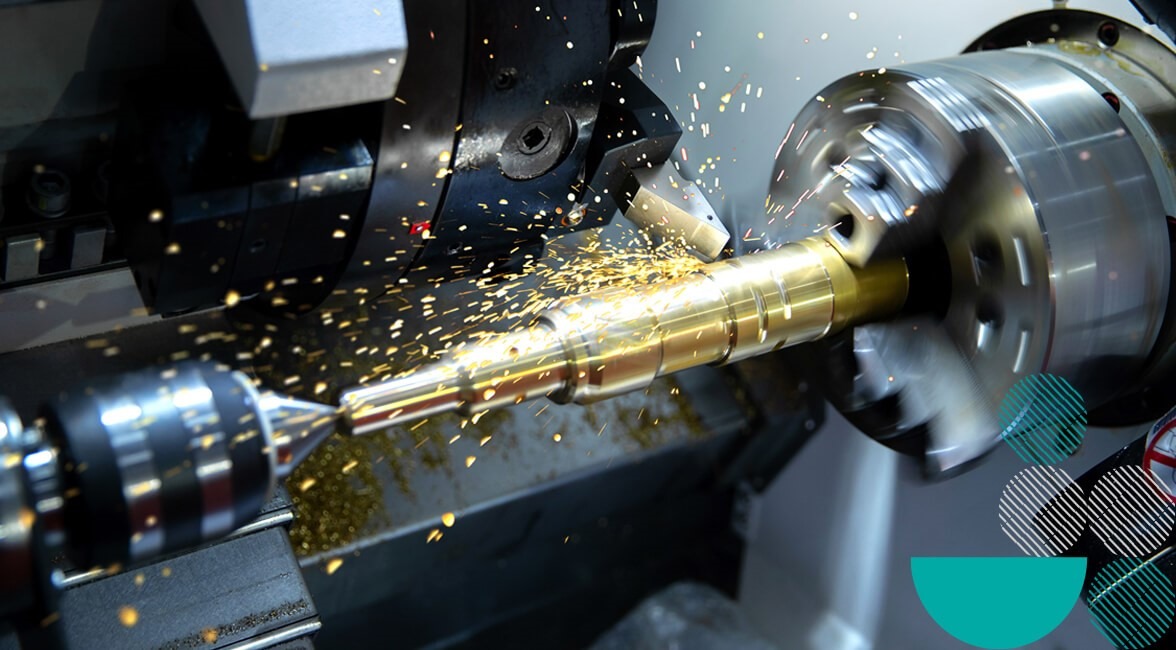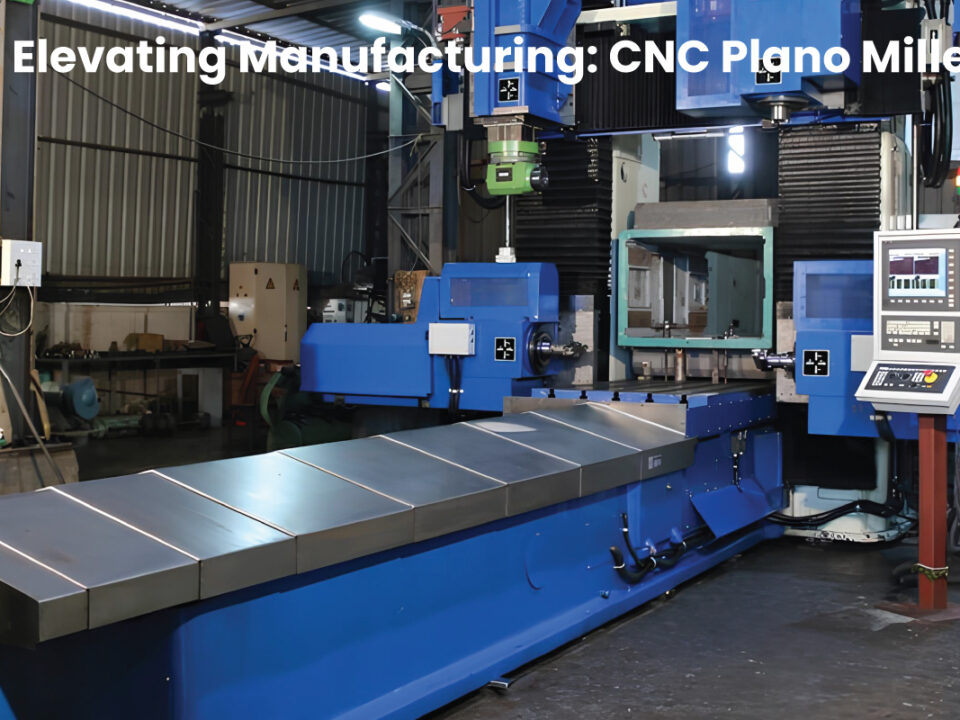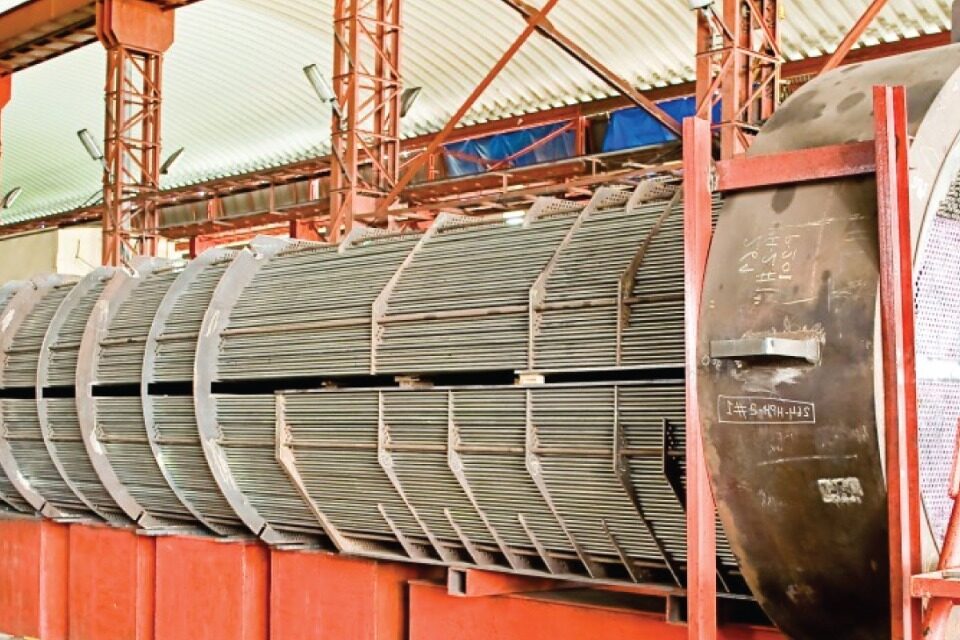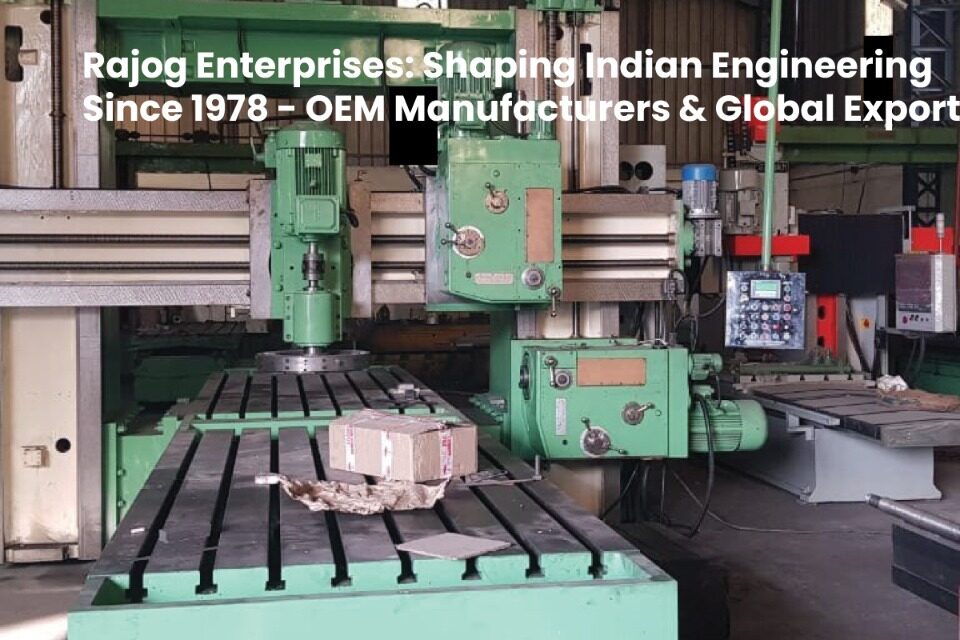Precision machining is a manufacturing process that involves the use of computer-controlled machines to remove material from a workpiece to achieve a desired shape and size with high accuracy. This process is crucial in the production of heavy components, such as those manufactured by Rajog Enterprises, due to the complexity and precision required in their designs.
One of the key benefits of precision machining is its ability to achieve high levels of accuracy. CNC machines used in precision machining can produce parts with tolerances as tight as a few microns, ensuring that each component is manufactured to exact specifications. This level of accuracy is essential in industries where even the slightest deviation can lead to significant issues, such as in the equipment used in heat transfer technology.
In terms of cost-effectiveness, while the initial investment in CNC machines can be significant, precision machining can result in long-term cost savings. The high accuracy and efficiency of CNC machines reduce material waste and rework, saving both time and money in the long run.
Benefits of Precision Machining in Heavy Component
. Increased Accuracy and Consistency:
Precision machining with advanced CNC machines allows for incredibly accurate results, even on enormous components. By controlling every movement and action through programmed commands, CNC machining removes variance and human error from the equation. This leads to precise finished products that match specifications perfectly across entire production runs.
. Capability for Complex Geometries
Precision CNC machines can create complex geometries that would be impossible to produce manually. Their multi-axis capabilities and use of automated tools enable intricate designs with tight tolerances, 3D contours, and unique shapes to be machined into large-scale components. This complexity adds functionality.
. Enhanced Efficiency and Volume
Precision machining with CNC automation streamlines production. CNC machines can operate untended for long periods, 24/7, and rapid movements maximize output versus manual approaches. This results in higher volumes and quicker turnarounds that meet customer demand. Efficiency is key for heavy industrial components.
. Material and Cost Savings
The accuracy of precision machining results in less waste, scrap, and defects versus other fabrication methods. With less material discarded and no need for re-work on erroneous pieces, costs are reduced. Precision machining maximizes the value derived from expensive raw materials.
. Consistency in Quality and Safety
Consistent, high-precision manufacturing of industrial components promotes quality, safety, and reliability. When large-scale parts like pressure vessels meet tight dimensional and design specifications, they perform their function as intended. This gives end-users confidence in the final product.
. Automation
CNC machines can be programmed to perform repetitive tasks automatically, freeing up skilled machinists at Rajog Enterprises to focus on more complex operations. This improves overall productivity and reduces the risk of human error, ensuring that each component meets the highest standards of quality and precision.
Conclusion :
Precision machining, especially in heavy component manufacturing, offers a multitude of benefits that are essential for producing high-quality parts. Rajog Enterprises, with its focus on precision machining of heavy components, leverages these benefits to serve leading manufacturers in India and the Middle East. As industries continue to demand more sophisticated components, precision machining will undoubtedly remain a key technology driving innovation and advancement in manufacturing processes





